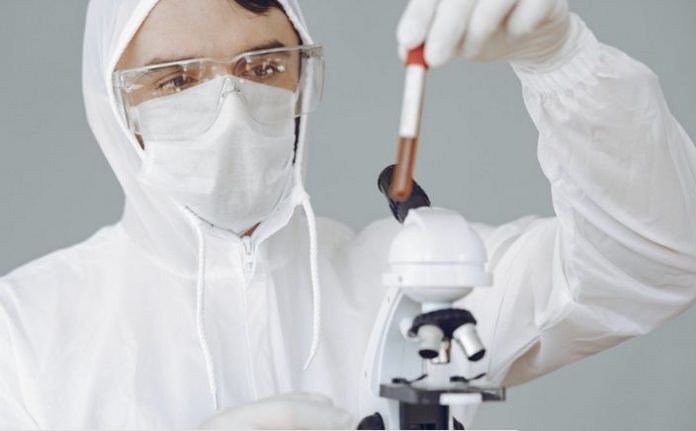Since the Covid-19 Global pandemic, there have been efforts to provide move information surrounding this novel virus. Patients who got infected with the virus experienced different signs ranging from mild to severe symptoms. Research has shown that not all patients had all the listed covid19 symptoms—a great reason why most people took long before seeking medical attention.
But according to the Center for Disease Control and Prevention (CDC), this infectious disease manifested itself in three symptoms. That is cough, fever, and difficulty in breathing.
According to the American Journal of Gastroenterology, some people experience diarrhea as the first symptom of Coronavirus. This may go unnoticed if one is to go by the first published signs.
However, some people may have no symptoms at all. According to the World Health Organization, some people with mild symptoms may recover without seeking medical attention.
But the question is, “How do you know if you have coronavirus, and when should you seek medical attention?”
Let’s break it down for you.
Before you could suspect you are infected with the virus, you need to know what the new symptoms are.
CDC New Covid19 Symptoms
On April 27, 2020, the Center for Disease Control and Prevention listed new symptoms which manifest themselves within 2 to 14 days after exposure to the virus. People with these signs or combination of symptoms may have Coronavirus.
- Difficulty breathing or shortness of breath
- Cough
Or at least 2 of these symptoms
- Recurring shaking with chills
- Headache
- Fever
- Muscle pain
- Chills
- Loss of smell or taste
- Sore throat
In case you have these signs, you should follow the set guidelines to prevent the spread. The Center for Disease Control and Prevention urges people to manage these symptoms at home unless they require emergency.
When should you seek medical attention?
Seek medical help if you experience these emergency warning
- Bluish face or lips
- Breathing difficulty
- Inability to “arouse” or new confusion
- Pressure in the chest or persistent pain
Note: In case you have any of these signs or experience more severe symptoms, consider calling medical emergency number available in your area.
People with pneumonia, lung disease, heart complications, and diabetes are at a higher risk of having more severe complications.
However, having the Coronavirus is not a death sentence. Some people are recovering and getting back to their normal life. But defeating this novel virus requires you to nourish your body with immune-boosting herbs and food.


